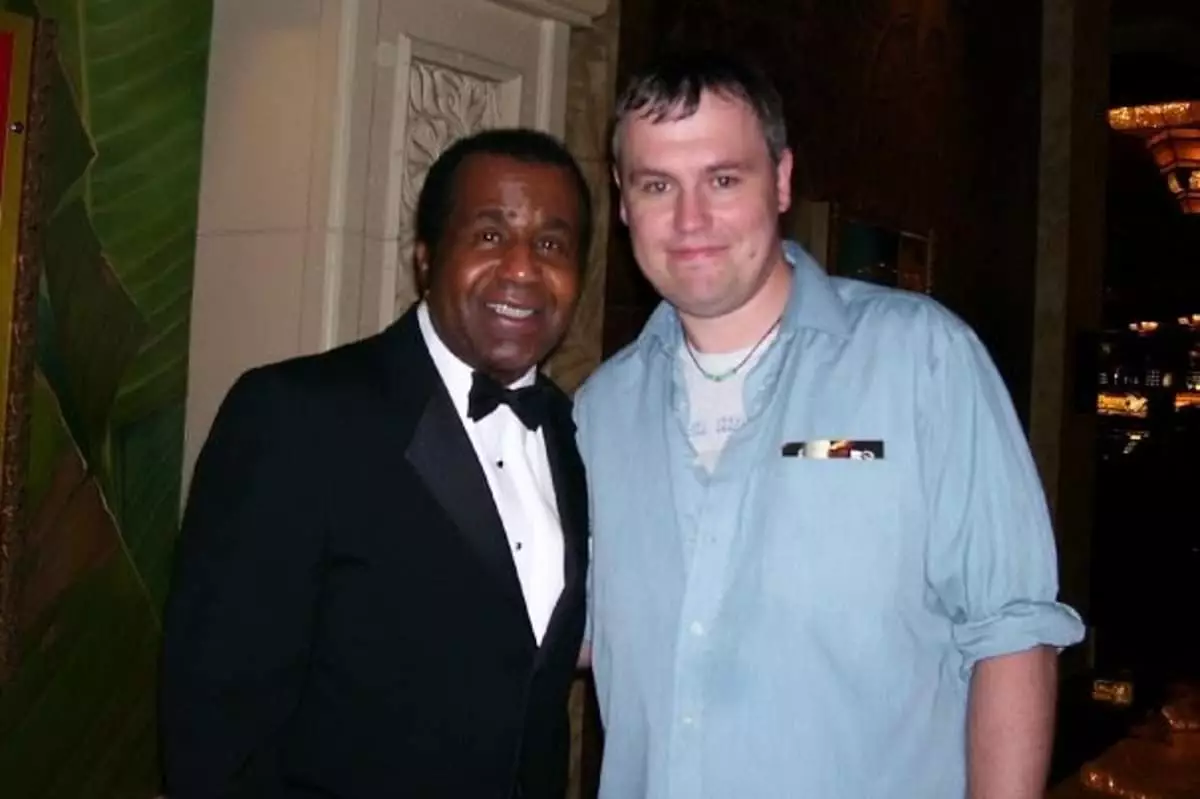Emanuel Steward, often revered as “The Godfather of Detroit Boxing,” significantly shaped the sport of boxing during his lifetime. Born on July 7, 1944, Steward’s influence transcended the ring, impacting countless fighters and fans alike. As October 25th marks the anniversary of his passing, we honor his legacy as one of the greatest boxing trainers the world has ever known.
Steward’s journey into the boxing world began in the amateur circuit, where his innate talent was soon discovered. While he achieved modest success as a fighter, it was his transition to coaching that defined his career. In 1971, he began training fighters at the storied Kronk Gym in Detroit, a hub for boxing talent. His ability to recognize potential and nurture it became apparent as he began working with national amateur stars, ultimately shifting his focus to the professional scene.
By 1980, Steward’s prowess led to his first world champion—Hilmer Kenty, who claimed a version of the world lightweight title. This victory was just the tip of the iceberg. Steward’s notable success began to gain momentum, most prominently highlighted by his training of the legendary Thomas “The Hitman” Hearns. Together, they made a mark on the sport and set a standard for what it meant to be an elite fighter and coach.
Kronk Gym became synonymous with excellence under Steward’s guidance. The gym not only produced a wealth of champions but also fostered a unique culture that emphasized hard work, discipline, and community. Steward instilled a sense of family among the fighters, which created a supportive environment that propelled many to success.
Throughout his career, Emanuel Steward coached 41 world champions, spanning numerous weight classes. Some of the most notable names include Lennox Lewis, Wladimir Klitschko, Evander Holyfield, and James Toney. Each fighter brought their own set of skills to the table, but Steward’s ability to adapt his training methods to fit their unique styles was a testament to his expertise and deep understanding of the sport.
What set Steward apart as a trainer was his approach to mentorship. He viewed himself not merely as a coach but as a teacher. His communication style was characterized by encouragement and constructive criticism, creating an atmosphere where fighters felt empowered to push their limits. This emotional intelligence allowed Steward to connect with his athletes on a personal level, establishing a rapport that elevated their performance in the ring.
In a retrospective conversation with Steward in 2011 about Thomas Hearns, he expressed admiration for Hearns’ dedication and talent. His sentiment encapsulated what he sought in his fighters: a hard work ethic paired with innate boxing skills. “Not only was Tommy the best fighter I ever worked with, he was always the most exciting,” Steward reflected. This passion for boxing and his fighters made Emanuel Steward a revered figure in the sport.
Despite Emanuel Steward’s passing in 2012 at the age of 68, his legacy continues to resonate within the boxing community. His nephew, Sugarhill Steward, has carried the mantle, successfully training fighters like Tyson Fury. As fans and boxing enthusiasts reflect on his contributions, it’s clear that the essence of what Emanuel represented lives on in the sport.
The legacy of Emanuel Steward is not merely about the champions he trained; it’s also about the future he envisioned for boxing. His spirit is present in every fighter who steps into the ring, guided by the principles of hard work, respect, and resilience that he instilled. Today, former champions and trainers reflect on his teachings, contributing to the enduring influence of this remarkable man. From his innovative training methods to his unwavering support for his fighters, Emanuel Steward remains a founding pillar of boxing, forever cherished by those who loved the sport and saw its potential through his eyes.

